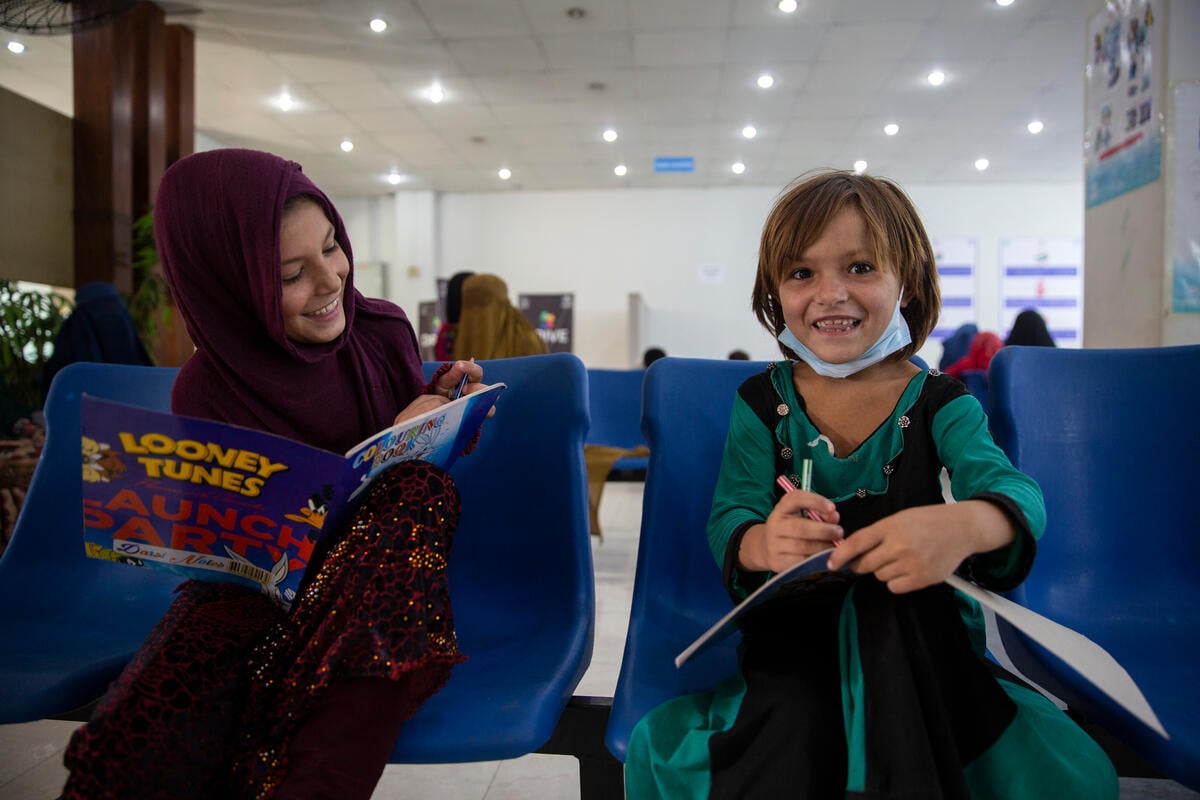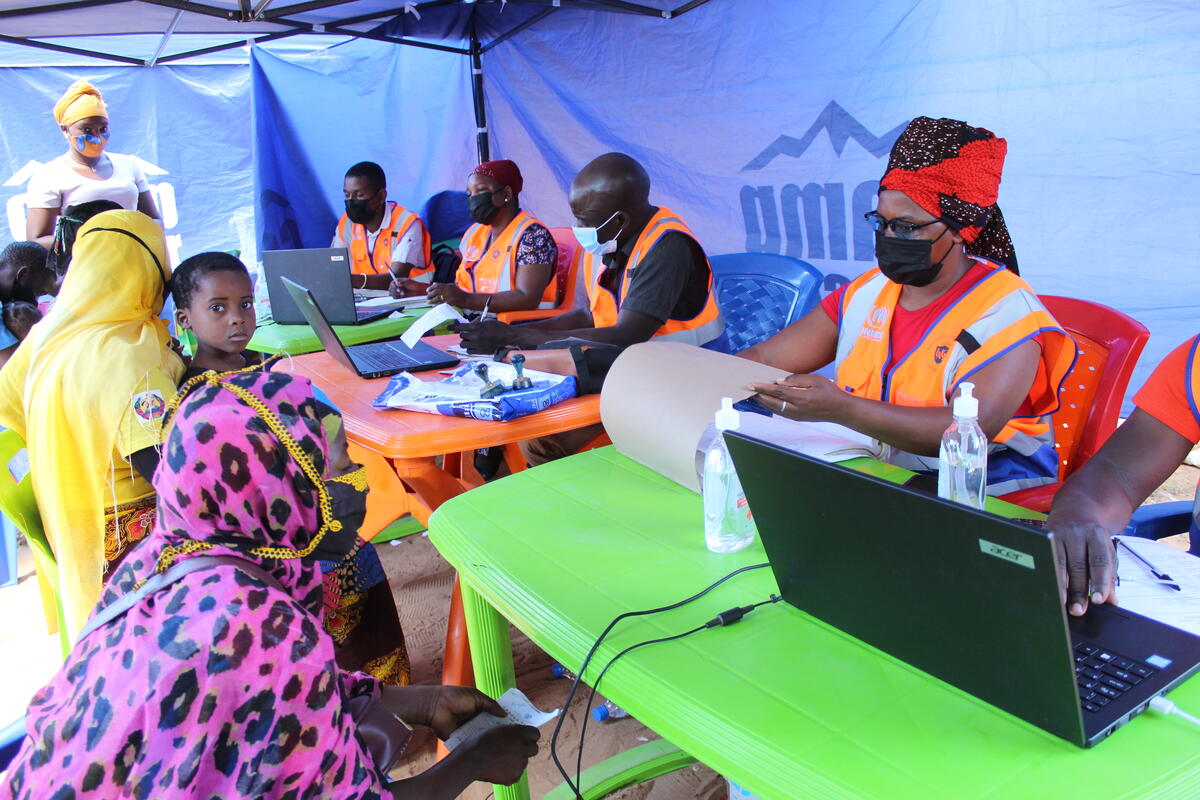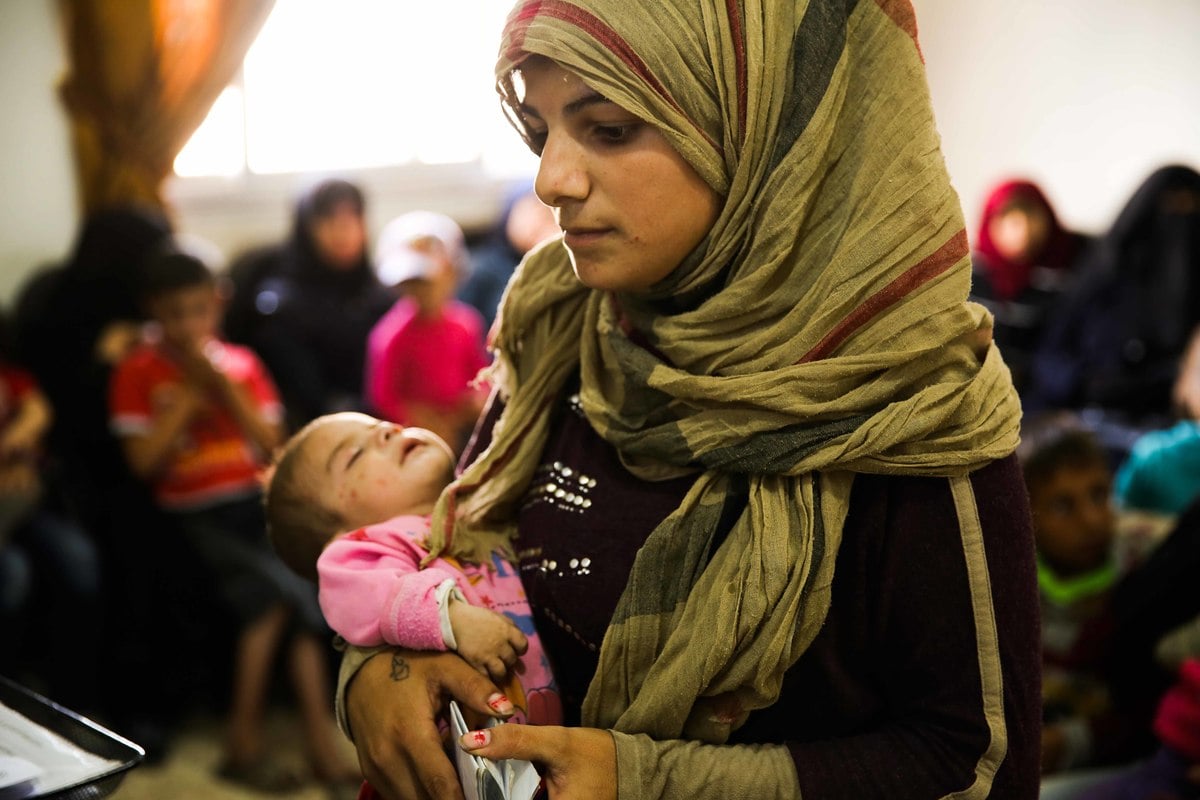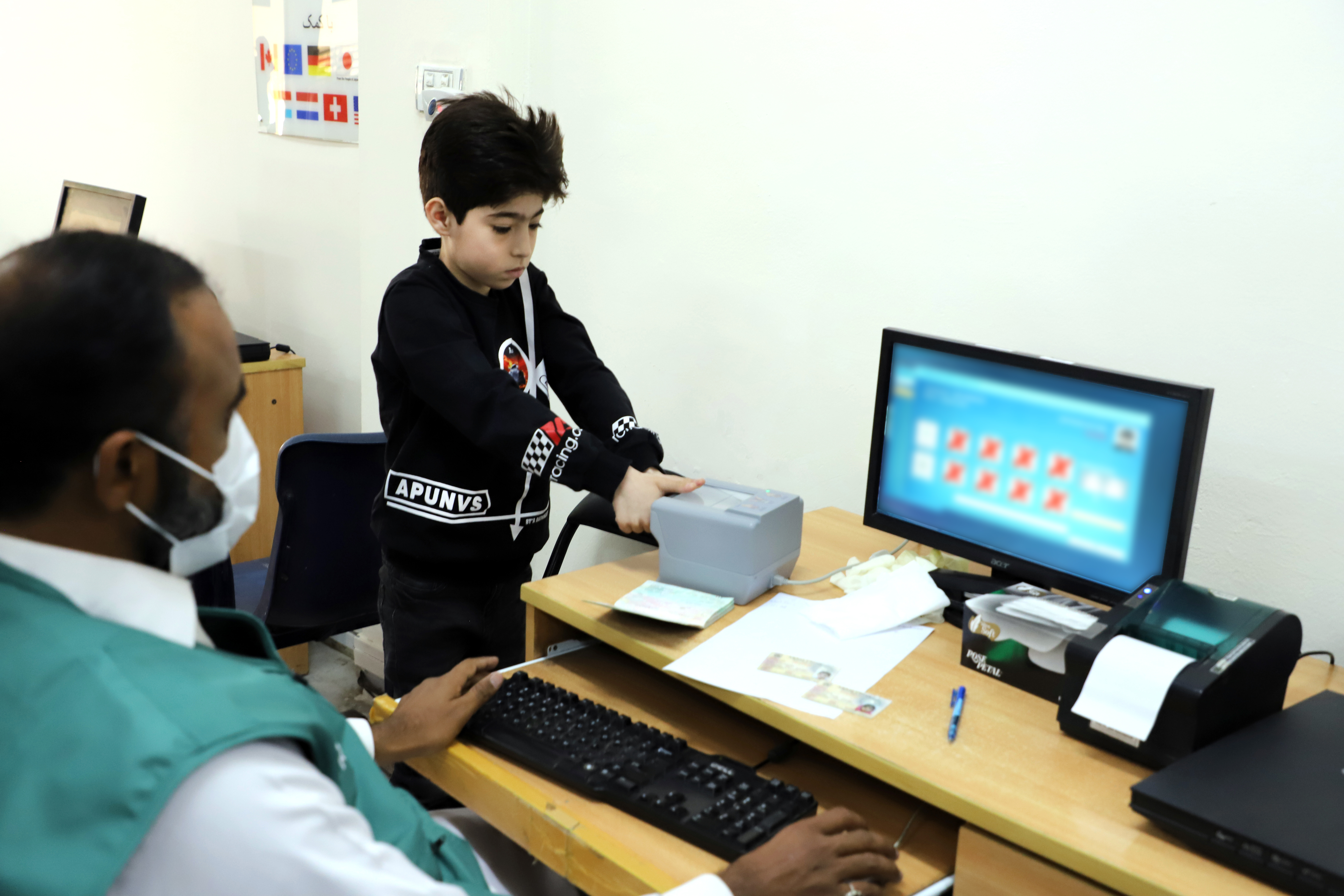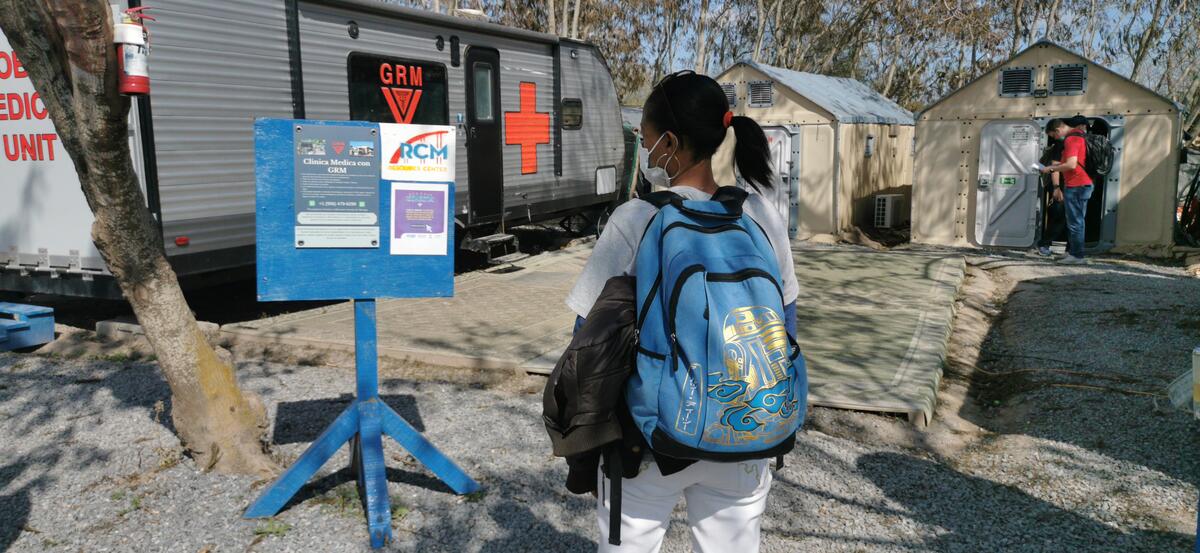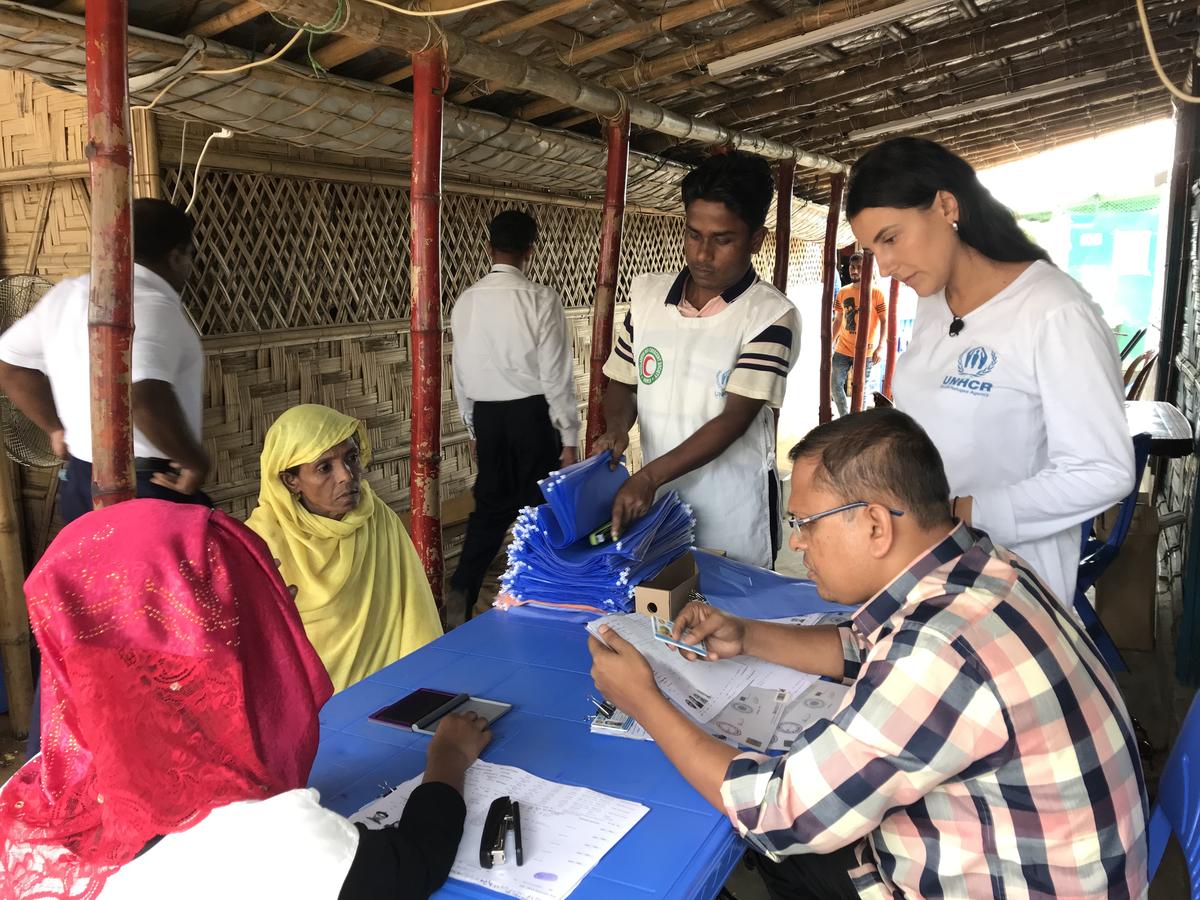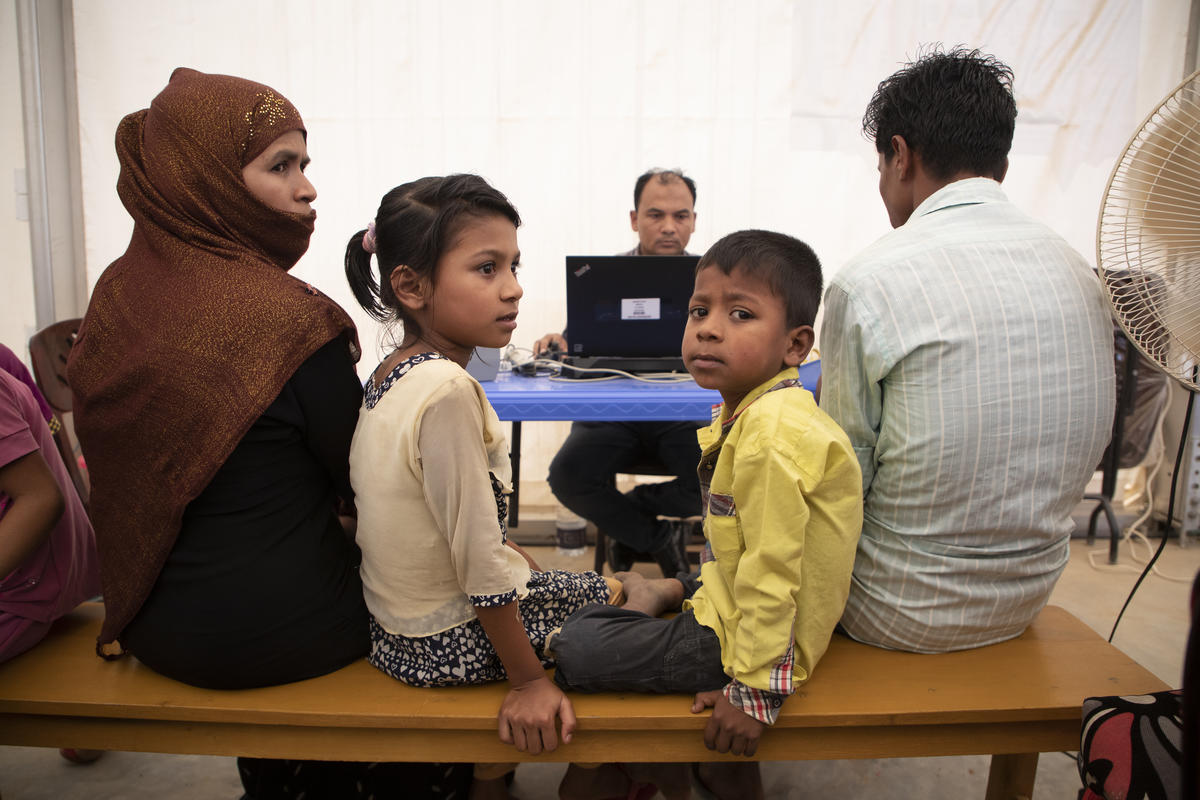Ecuador issues ID to 27,000 refugees in remote northern areas of the country
Ecuador issues ID to 27,000 refugees in remote northern areas of the country

QUITO, Ecuador, April 6 (UNHCR) - More than 27,000* Colombian refugees in remote areas of northern Ecuador have received identity documents under a recently completed year-long registration programme. The joint project conducted by the Ecuadorean government and UNHCR could be a model for Latin America, where the majority of refugees have to go to towns and cities to be registered.
Under the innovative initiative that ended on March 31, mobile teams of Ecuadorean civil servants and UNHCR staff travelled through difficult terrain, including forests and rivers, to reach and register the refugees. Registration is a vital step in the process towards being formally recognized as a refugee.
The Enhanced Registration Project was established by UNHCR and the Ecuadorean government to reach Colombian refugees living in remote areas. By using mobile registration teams, the waiting period for a government decision on asylum claims was reduced from several months to one day. Recognized refugees received a government document certifying their status as refugees.
People whose cases required further analysis received a provisional document confirming their status as an asylum-seeker. Without such documentation, refugees and asylum-seekers lack essential legal protection and access to assistance.
Many refugees have been living in remote border areas of the north for years, unable to access asylum procedures in urban areas either because of lack of resources and information or because of fear. Without legal status a majority of these refugees became vulnerable and marginalized.
Documentation makes a real difference in the lives of refugees, who can use it to move freely in Ecuador and to gain access to health centres, schools and other services. But this is just a first step and additional efforts are needed to help the newly registered refugees to integrate into isolated host communities. The project aimed to reach the most vulnerable, including children, women and older people.
UNHCR supported the government in this complex protection and logistical effort, which has provided a more accurate picture of the number of Colombian refugees living in northern Ecuador and their needs. This project almost doubled the number of registered refugees in Ecuador to more than 45,000, with almost all of them Colombian. However, UNHCR estimates there could be another 100,000 people in Ecuador who may be in need of international protection.
* The figure of some 27,740 is the latest available. Earlier reports indicated some 26,000
By Andrea Escalante in Quito, Ecuador

